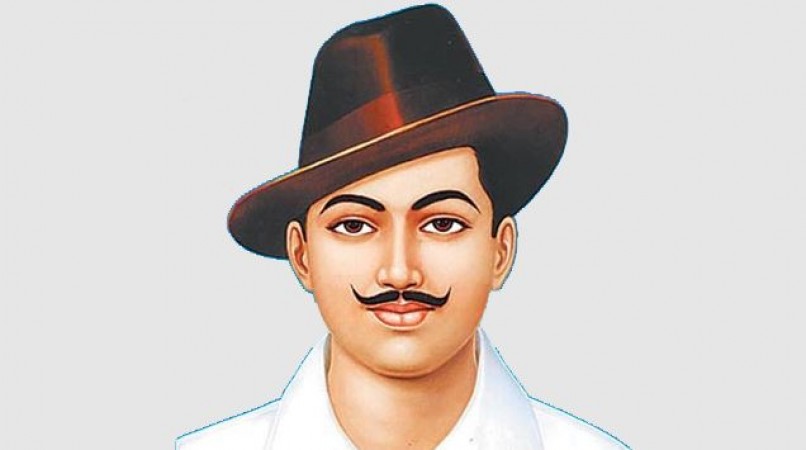
Bhagat Singh, an emblematic figure in India's struggle for independence, remains etched in the annals of history for his unwavering dedication to the cause of freedom. Alongside his comrades Rajguru and Sukhdev, he stood as a symbol of defiance against British rule. The year 1931 witnessed the tragic end of their lives, when they were hanged by the British rulers for allegedly conspiring against the colonial regime. Initially sentenced to life imprisonment, Singh's fate took a harrowing turn when he was later sentenced to death in what many believe was a fabricated case.
On September 16, the Lahore High Court (LHC) brought forth a pivotal objection regarding a plea aimed at reopening the historical case tied to Bhagat Singh's sentencing in 1931. The plea additionally seeks to annul the sentence and posthumously honor Singh with state awards. This development opens a window into the legal and societal discourse surrounding historical justice.
The journey of this plea has been far from swift. A panel of senior lawyers, including Imtiaz Rashid Qureshi, the chairman of the Bhagat Singh Memorial Foundation and one of the petitioners, has been persistently pursuing this cause for a decade. In 2013, Justice Shujaat Ali Khan recommended the constitution of a larger bench to deliberate on the matter. However, the wheels of justice have turned slowly, and the case has remained in abeyance since then.
The heart of the petition lies in its effort to spotlight Bhagat Singh's pivotal role in the struggle for independence on the Indian subcontinent. His influence transcended communal boundaries, earning him reverence not only from the Sikh and Hindu communities but also from Muslims. Quaid-e-Azam Muhammad Ali Jinnah, the revered founder of Pakistan, paid tribute to Singh twice during his speeches in the Central Assembly, emphasizing Singh's importance in the region's history.
The petition delves into historical records to highlight a significant discrepancy. Bhagat Singh's name was conspicuously absent from the First Information Report (FIR) related to the murder of British police officer John P. Saunders, a crime for which Singh received the death penalty. The FIR, registered in December 1928, raised questions about the accuracy and fairness of the judicial proceedings that led to Singh's ultimate fate.
The petitioners passionately assert that the special judges of the tribunal handling Bhagat Singh's case sentenced him to death without adequately considering the testimonies of 450 witnesses. Furthermore, Singh's lawyers were denied the opportunity to cross-question these witnesses. The petitioners' determination to establish Bhagat Singh's innocence in the Saunders case underscores their commitment to upholding historical accuracy and ensuring justice prevails.
In conclusion, the plea to reopen the Bhagat Singh case and reevaluate the events that transpired represents a call for historical accuracy, justice, and a reexamination of a crucial period in the struggle for independence. It is a reminder of the need to rectify historical injustices and honor the legacies of those who sacrificed their lives for the cause of freedom.
A Man's Unique Journey: Marrying Seven Brides in One Grand Day
How to Share Internet Data with Another Mobile: A Comprehensive Guide